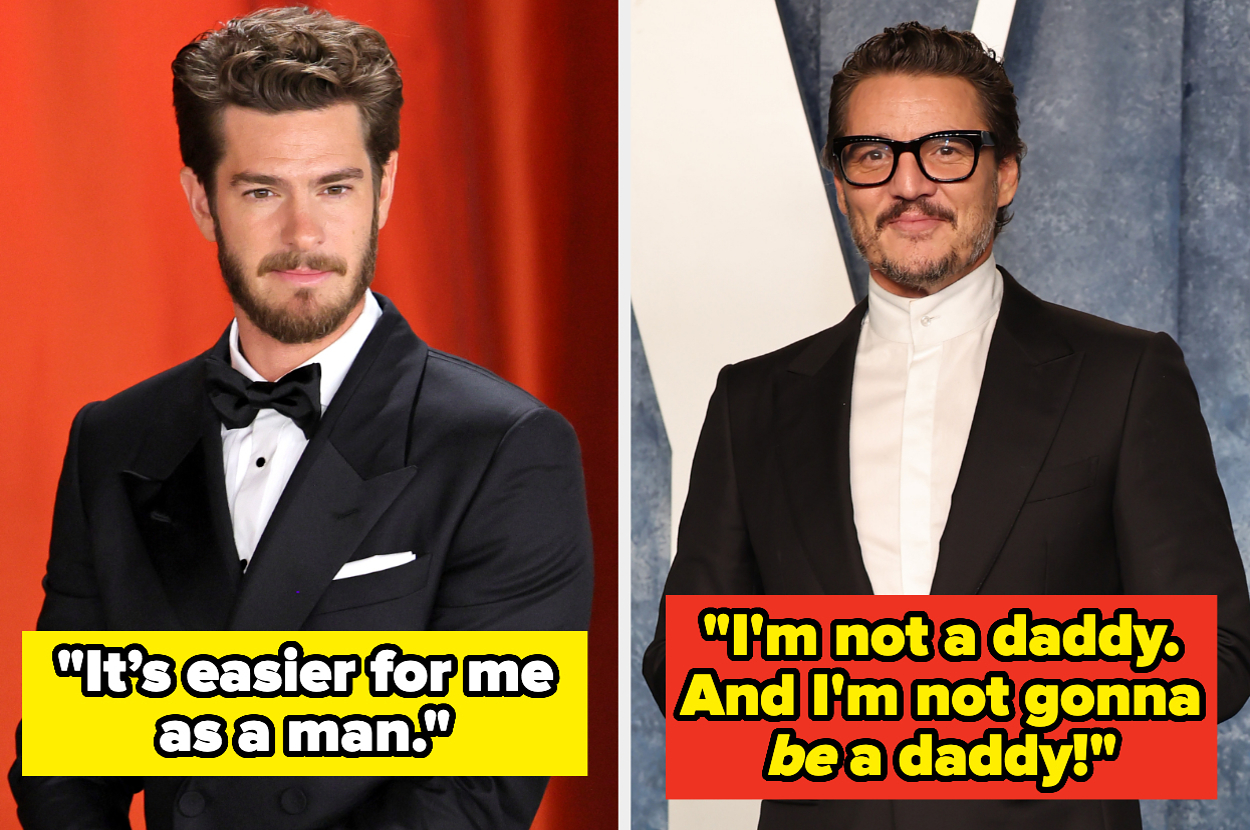
This story will be updated.
Experts who examined portions of Maine mass shooter Robert Card II’s brain said they found “significant evidence of trauma” that could help explain why Card killed 18 people.
The analysis found evidence of traumatic injury within nerve fibers that allow for communication between different areas of the brain, according to the Boston University CTE Center, which led the exam.
The analysis is the closest thing to a medical explanation that has emerged since Card’s killed of 18 people and injured of another 13 in a bowling alley and bar in Lewiston on Oct. 25, 2023, although scientists cautioned that the findings could not fully explain the Army reservist’s sharp mental health decline in the months leading up to the shooting.
“While I cannot say with certainty that these pathological findings underlie Mr. Card’s behavioral changes in the last 10 months of life, based on our previous work, brain injury likely played a role in his symptoms,” said Dr. Ann McKee of the CTE center.
Maine’s chief medical examiner’s office requested Card’s brain be studied after he was found dead of an apparent suicide Oct. 27.
Card served for more than 20 years in the Army Reserve most recently as a trainer of cadets at the United States Military Academy West Point. As part of that work Card helped instructor cadets on the usage of multiple different kinds of weapons including hand grenades.
It is believed that Card was exposed to “thousands of low-level blasts” during his military service, the Concussion Legacy Foundation said in a statement. Card’s family released the findings of the exam through the foundation, which is separate from the CTE Center.
The foundation found no evidence that Card had chronic traumatic encephalopathy, the condition commonly referred to as CTE. The condition is best known for being found in athletes who suffered from repeated concussions and later committed violent acts, including Jovan Belcher, a former University of Maine linebacker who killed his girlfriend and her mother before dying by suicide outside the Kansas City Chiefs’ practice facility in 2012.
In a statement, Card’s family said they are heartbroken for the victims and their families and that they wanted to release the findings to raise awareness of the dangers that come with traumatic brain injuries.
“We know it does not fully explain Robert’s actions, nor is it an excuse for the horrific suffering he caused, but we thank Dr. McKee for helping us understand his brain damage and how it may have impacted his mental health and behavior,” they said.









